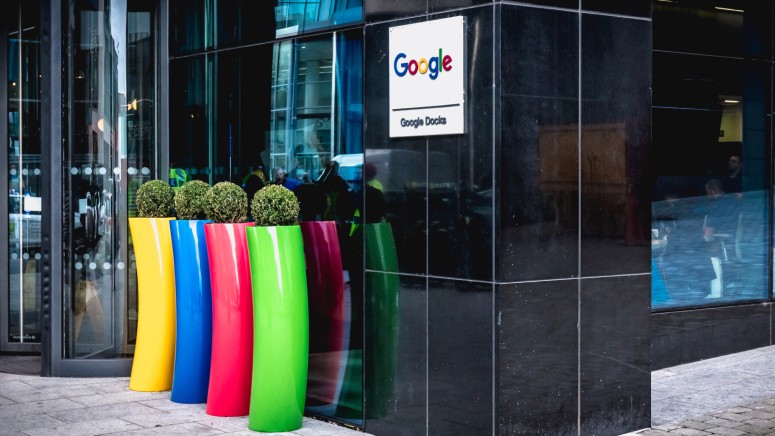
Irish Data Authority to Probe Google Over Location Data Processing
- The Irish data protection commissioner is taking action to investigate how Google processes location data.
- The protection body wants to know if what Google does is lawful, and whether they are doing it transparently or not.
- The average consumer is advised to disable location tracking and history when possible and wave off any benefits.
As reported by Reuters, Ireland’s Data Protection Commissioner (DPC) has submitted an inquiry into Google’s processing of location data. According to the official announcement that came from the authority, their office received a large number of complaints lately, coming from all places across in the EU. The worries of the consumer protection organizations who sent letters to the DPC concern the legal context in which Google processes the location data that they collect from people’s devices, and how transparent they are about what exactly they’re doing with this data.
All that said, the DPC was obliged to move forward with an investigation, submitting a Statutory Inquiry onto Google Ireland Limited. This action is pursuant to Section 110 of the Irish Data Protection 2018 law, and Google must comply with the request as it is provisioned in Article 60 of the GDPR. Long story short, the commissioner is asking Google is they are processing people’s location data legally, and if they are doing it transparently. If Google fails to respond, or their response proves that they are operating unlawfully, the DPC will be empowered to impose a fine that would be the equivalent of the 4% of the company’s global revenue or one fixed at 20 million euros.
The DPC is already running twenty large-scale investigations on the possible wrongdoings of tech giants like Twitter, LinkedIn, Apple, and Facebook. Ireland is Europe’s big attractor for American technology companies, so the DPC is burdened with the upgraded role to probe them on the account of the whole EU, and to check their practices against the GDPR. This is also exactly why the DPC receives complaints from numerous consumer protection agencies from other European countries, as their respective national data protection offices can’t do much on that part.
If you are worried about what Google does with your data and want this to just stop, there’s a way. Since May last year, Google has been offering its users the option to decide what they allow the tech company to retain about their online activity, as well as for how long they get to keep it. These settings include the web and app activity data, but also the Location History too, which is the main topic in DPC’s new investigation.







